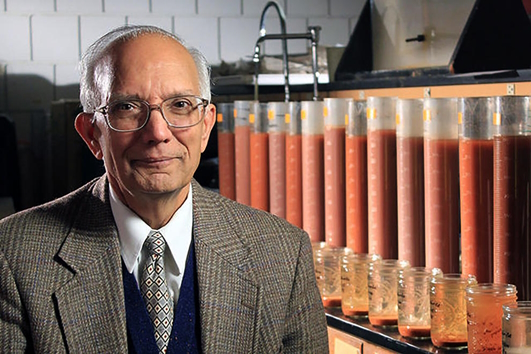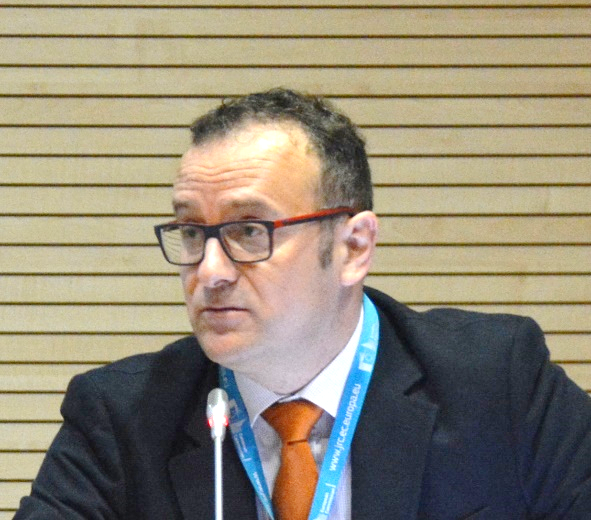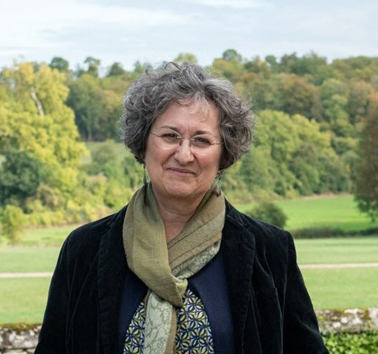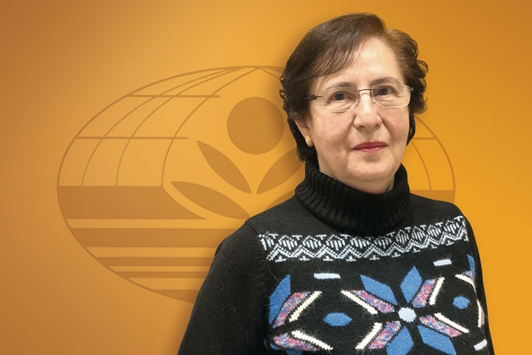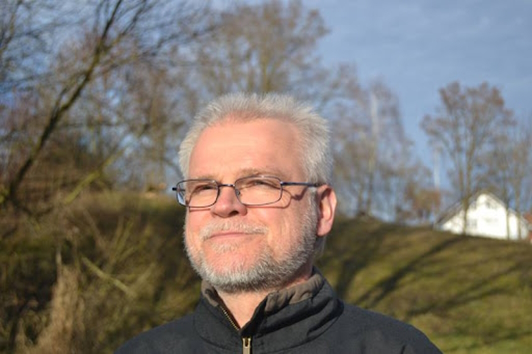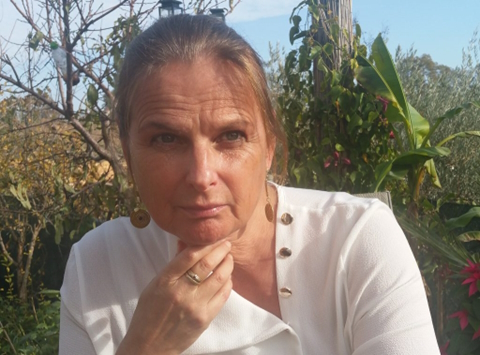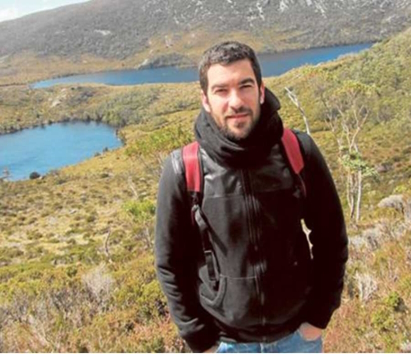INNAUGURAL LECTURE (Monday, 08 September, in remote participation)
Title: Soil Science and Global Issues of the 21st Century
by Dr. Rattan Lal, Ohio State University, USA (0000-0002-9016-2972)
Distinguished Professor of Soil Science and Director of the CFAES Rattan Lal Center for Carbon Management and Sequestration (Lal Carbon Center) at The Ohio State University (OSU), Adjunct Professor of the University of Iceland and the Indian Agricultural Research Institute (IARI), India and Visiting Professor at the Pontifical Catholic University of Valparaíso (PUCV), Chile.
Dr. Lal is widely recognized globally as a pioneer in soil-centric agricultural management to improve food security globally and develop climate-resilient agriculture through soil carbon sequestration, sustainable intensification, enhancing use efficiency of agroecosystems, sustainable management of soils, and soil health.
Fellow of the American Society of Agronomy (1985), Soil Science Society of America (1986), Third World Academy of Sciences (1992), American Association for the Advancement of Sciences (1996), Soil and Water Conservation Society (1997), Indian Natl. Academy of Agricultural Sciences (1998), and Rothamsted, U.K. (2013).
Hugh Hammond Bennett Award of the SWCS (2005), Borlaug Award (2005), Liebig Award (2006), M.S. Swaminathan Award, India (2009), COMLAND Award, Germany (2009), and the Sustained Achievement Award from the Renewable Natural Resources Foundation (2017). Medal of Honor from UIMP, Santander, Spain (2018), Distinguished Service Award from the IUSS in Rio, Brazil (2018); as well as the Alumni Medallist Award (2019) and 422nd Commencement Medal (2019) from OSU, USA.
He served as President of the WASWC (1987-1990), International Soil Tillage Research Organization (1988-91), Soil Science Society of America (2005-2007), and the IUSS (2017-18), member of the Federal Advisory Committee on National Assessment of Climate Change-NCADAC (2010-2014), Senior Science Advisor to the Global Soil Forum of IASS, Germany (2010-2012), Steering Committee of the Global Soil Week, IASS, Germany (2012- 2016), Advisory Board of FACCE-JPI of the European Council (2013-2016), Advisory Committee to UNU-FLORES, Germany (2013-2019), the SPI of UNCCD, Germany (2018-2022); and the United Nations Food Systems Summit Science Committee and Action Track 3 (UNFSS) (2021).
He is Chair in Soil Science and Goodwill Ambassador for Sustainable Development Issues of the Inter-American Institute for Cooperation on Agriculture (IICA), Costa Rica (2020), member and Chair of SERDP Scientific Advisory Board of the Department of Defense (2011-2018; 2023-2025), appointed as member to the Board for International Food and Agricultural Development (BIFAD) by President Joe Biden (2022-2025).
Doctor of Science Honorary degrees from the Punjab Agricultural University, India (2001), Norwegian University of Life Sciences (2005), Alecu Russo Balti State University, Moldova (2010), Technical University of Dresden, Germany (2015), University of Lleida, Spain (2017), Gustavus Adolphus College, Minnesota (2018); Pontifical Catholic University of Valparaíso, Chile (2019); Amity University, India (2020) and IARI, India (2021).
He is ranked #1 globally and in the U.S. among Agricultural Scientists of the world by Research.com (2023, 2024), included on the list of the World’s Most Influential Scientific Minds (2014-2016) and that of Highly Cited Researchers Clarivate/Thomson Reuters (2014-2023).
Professor Lal is laureate of the Gulbenkian Prize for Humanity (2024), Mahatma Ghandi Award for Environmental Protection (2022), Padma Shri Award (2021), World Food Prize (2020), Arrell Global Food Innovation Award (2020), Japan Prize (2019), U.S. Awasthi IFFCO Prize (2019), GCHERA World Agriculture Prize (2018), and Glinka World Soil Prize (2018).
Professor Lal was a lead author for the IPCC (1998-2000) and was awarded Nobel Peace Prize Certificate by the IPCC in 2007.
